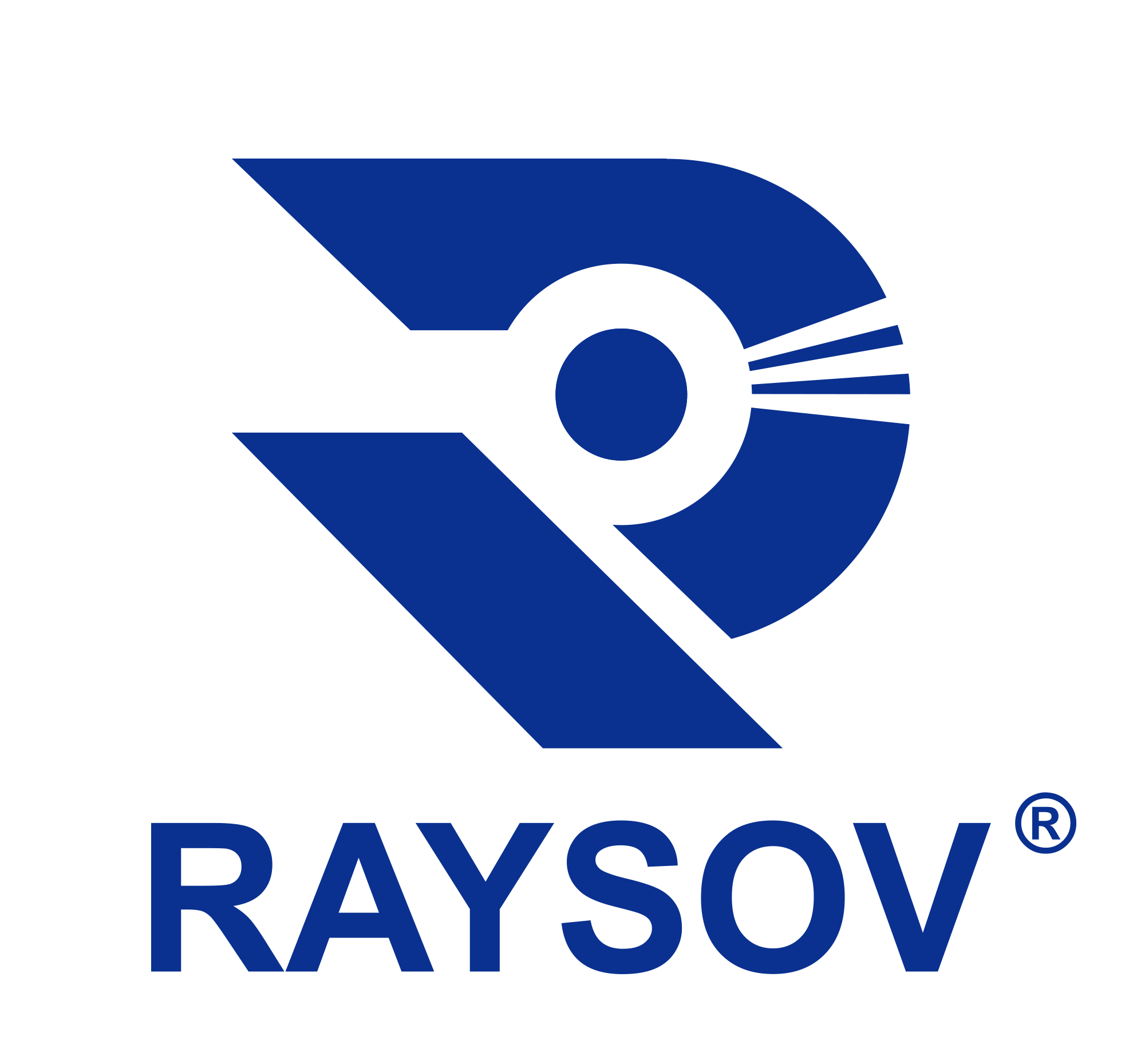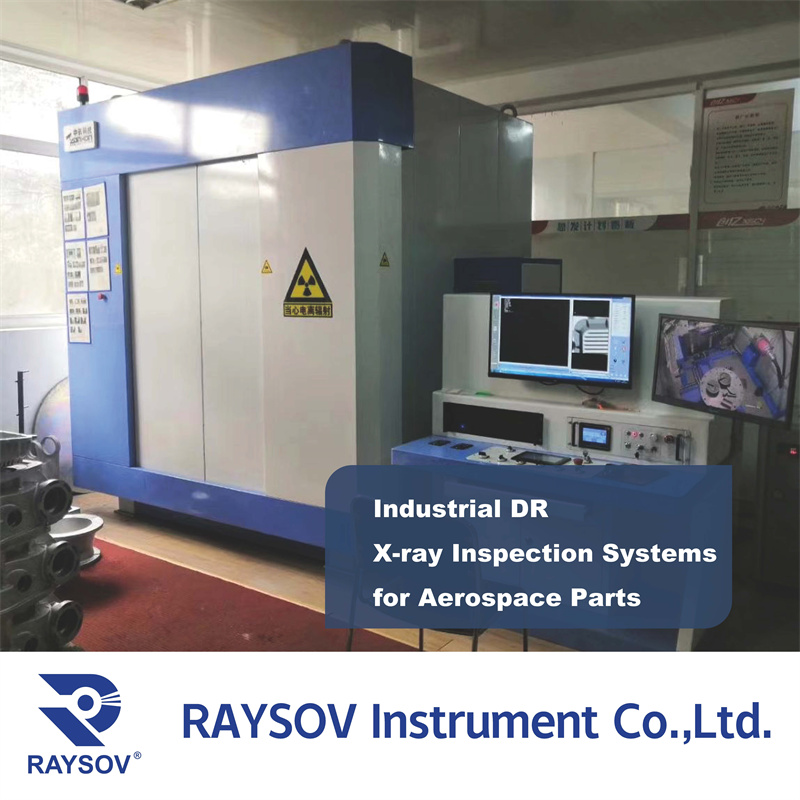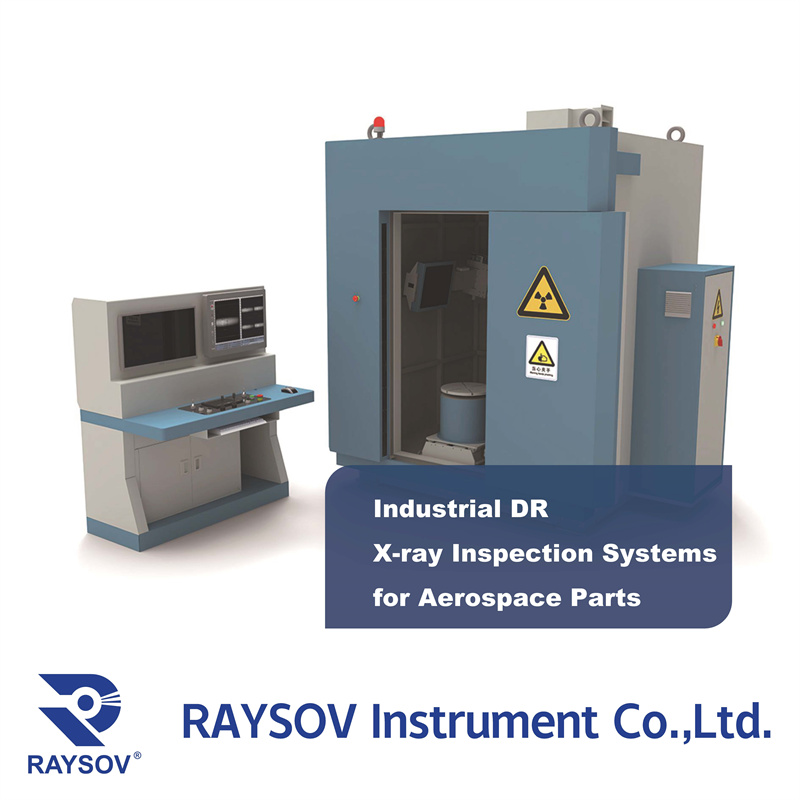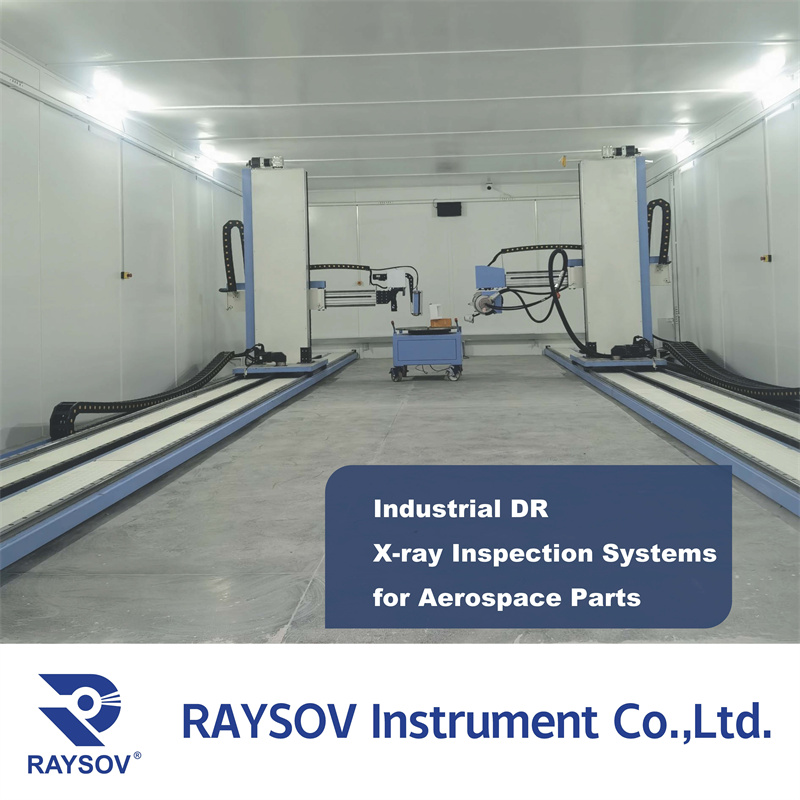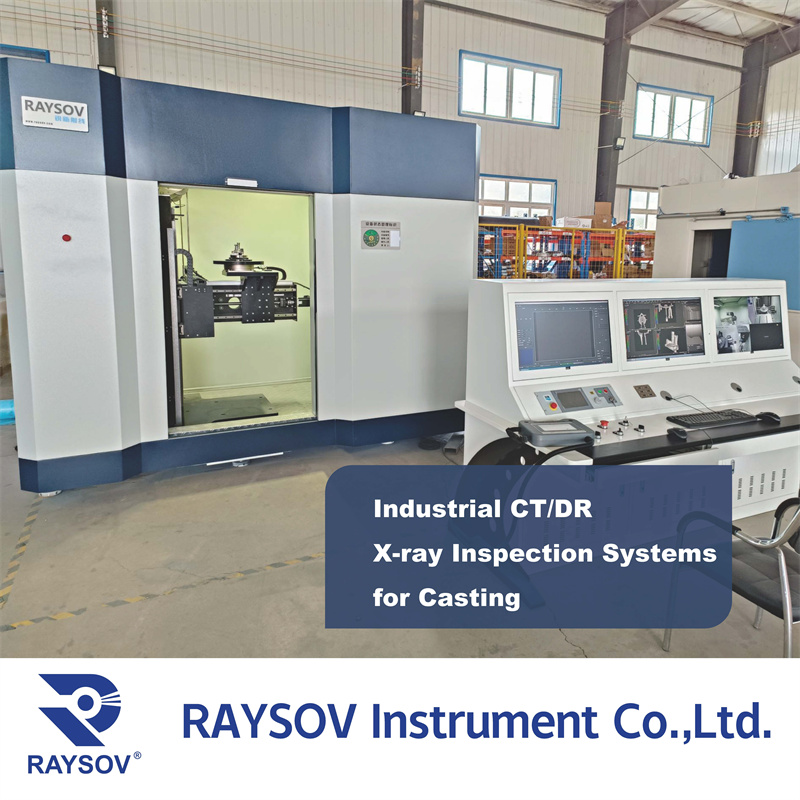X-ray Aerospace Parts Inspection Systems
ZXFlasee Digital X-ray System for Aerospace Parts
Description
RAYSOV ZXFlasee Digital X-ray System for Aerospace Parts is suitable for non-destructive testing of Aerospace Parts, obtaining high-quality specimen images, visually presenting internal defects such as pores, shrinkage holes, porosity, shrinkage porosity, slag inclusion, etc., assiting the quality control in Aerospace industry.
Features
Use HFHV generator,strong penetrating power and stable X-ray dose.Use wide range HD Flat-panel detector,high image sensitivity
Anti-arc,extend X-ray tube lifespan,keep the systems safe,reliable and durable
High-level automation,automatic transport test object, automatic positioning to detection area,optional ADR function,improve detection efficiency
Raylion image processing software,powerful filtering function one click,clear image quality,easy operate,one click inspection report
Strong structure,beautiful appearance,high-level protection, leakage dose <1μSv/h@30cm from lead room
Modular design,easy maintenance,system log can store fault message and self-diagnosis,reduce downtime costs
Composition
The system is mainly composed of seven modules, such as:
1. high frequency and high voltage(HFHV)X-ray source,
2. high resolution digital flat panel detector,
3. computer digital image processing system,
4. mechanical transmission system,
5. electrical control system,
6. monitoring system,
7. protective lead room.
All systems are designed to comply with the latest international radiation safety standards.
Application
RAYSOV ZXFlasee Digital X-ray System for Aerospace Parts are used for the non-destructive testing and evaluation of aircraft components, such as turbine engines, landing gear, and structural elements, for defects that could compromise safety or performance.
advanced techniques computed tomography (CT) scanning to generate detailed images of the internal structure of components. These systems can detect hidden flaws, cracks, voids, or other defects that may not be visible from the outside. They are commonly used to inspect:
Welds and joints: To ensure that welds and joints are properly formed and do not contain any defects that could lead to failure.
Composite materials: To detect any anomalies in the layers of composite materials, which are increasingly used in aerospace structures for their lightweight properties.
Electronic components: To check the internal structure of electronic components and circuitry for proper assembly and potential issues.
Additively manufactured parts: To verify the quality of additively manufactured parts, which can sometimes have inconsistencies in their internal structure.
These inspection systems are often integrated into the manufacturing and maintenance processes of aerospace companies
